It’s June 10, 2025, and if you tried to get ChatGPT to help with your homework, write some code, or even just plan your workout, you probably ran into a wall of silence.
This isn’t the first time it’s happened, and it won’t be the last. But each time it happens, it has a bigger impact on our lives.
So What If ChatGPT Is Down Again?
My first clue was when I asked for a workout routine and got back a string of nonsense, followed by nothing at all. I checked my VPN and restarted my browser, but a quick look at OpenAI’s official status page told the real story: a sea of red alerts.
The official line is they’re “investigating elevated error rates,” but what it really means is that a foundational piece of the modern internet has been temporarily switched off. What makes this outage so massive is that it isn’t just the ChatGPT website that went down. It’s a total API failure.
If you’re not a developer, that might sound like technical jargon, but it’s a crucial difference. Most of the AI apps and features you use every day don’t have their own “brain.” They’re built on top of tech from bigger companies, and OpenAI is one of the biggest brains on the block. Every service that relies on OpenAI, from AI-powered image generators and writing assistants to chatbots and data analysis tools, is effectively broken.
The Personal and Professional Standstill
On a personal level, the fallout is mostly an inconvenience. I had a Dungeons & Dragons game planned where we use ChatGPT as the Dungeon Master. I guess that’s canceled. It’s a silly, lightweight example, but it shows just how deeply this tech has woven itself into even our hobbies.
But, the stakes are much higher than a canceled game night. If you’re a student who uses AI to brainstorm essays, a programmer who uses it to debug code, a marketer who uses it to write ad copy, or a blogger who uses it to generate article ideas, your workflow just came to a screeching halt.
On a grander scale, the implications are far more severe. We have witnessed an aggressive, almost frantic, push for AI implementation across nearly every sector. What happens to the marketing firm whose content pipeline is entirely automated by AI?
What about the legal tech company that uses AI to summarize case law? In a government context, what happens to the public-facing services or internal administrative workflows that have been “optimized” with this technology?
We Put All Our Eggs in One AI Basket
Server providers love to talk about “99% uptime.” It’s the tech equivalent of the toothpaste ad that kills 99% of germs and is recommended by 9 out of 10 dentists. It sounds impressive, but it’s an open admission that things will, inevitably, break. And that’s usually fine. If a small social media app goes down for a few hours, it’s annoying.
But when a service as central as OpenAI goes down, it feels more like a power outage for a whole city.
A single ChatGPT API key, as the saying now goes, can now perform the work of a hundred employees on mundane tasks. This is a powerful proposition for any organization looking to streamline operations and cut costs.
But in reality, it creates a very fragile system. A single point of failure, be it a technical glitch, a security breach, or even a simple internet connectivity issue at a critical data center, can bring entire organizations, even entire industries, to their knees.
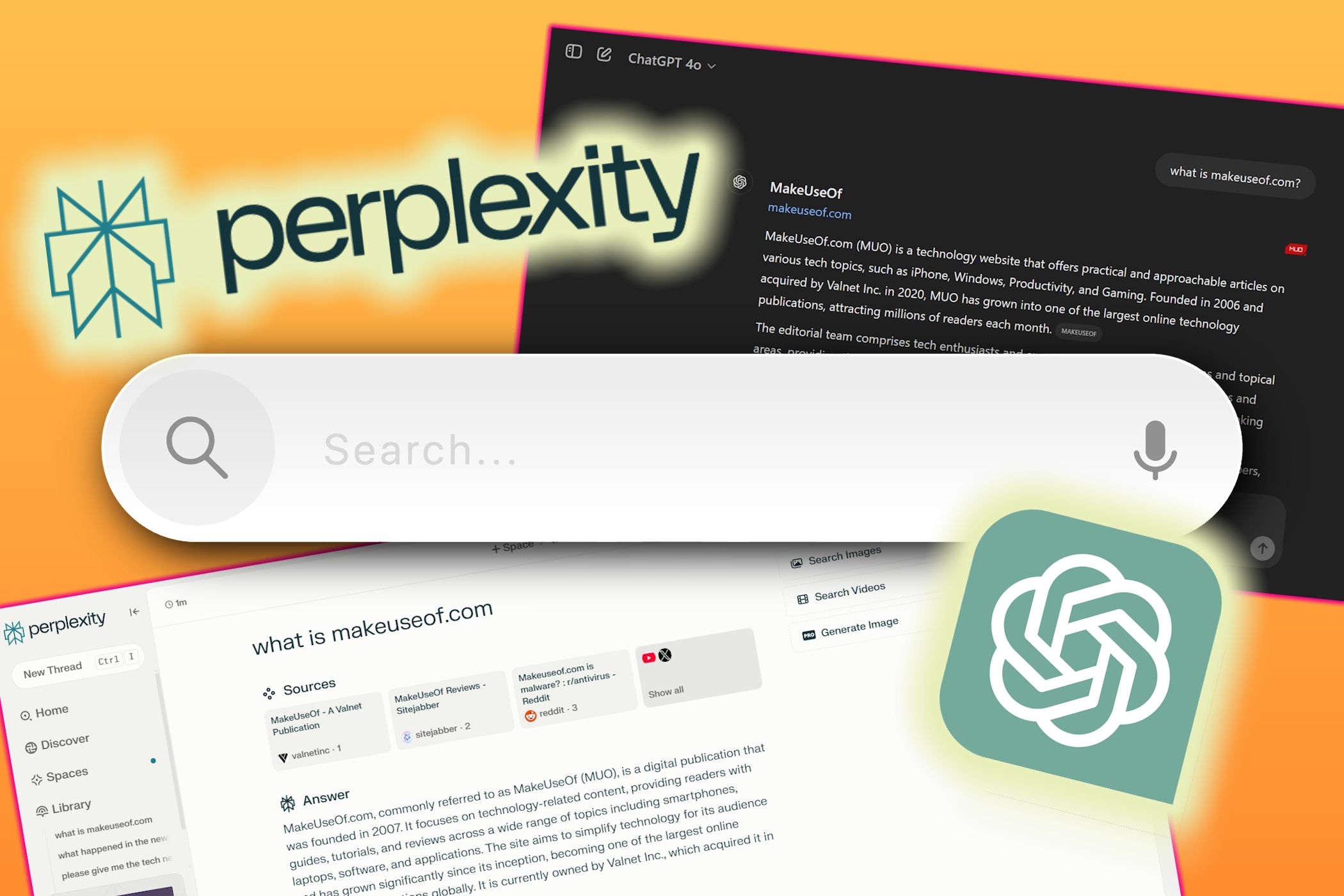
Related
5 Reasons Why AI Search Tools Will Never Fully Replace Classic Google Searches
AI search tools are great, but Google is still king of the hill—for now.
Your AI Knows You, and That’s the Problem
A couple of years ago, if ChatGPT was down, you could just hop over to a competitor like Gemini or Claude. It wasn’t a big deal. But that’s getting harder to do. Why? Personalization.
My version of ChatGPT isn’t the same as yours. It knows my writing style, remembers our past conversations, and is loaded with custom instructions I’ve fed it over time. With its latest memory updates, ChatGPT remembers almost everything about you. To be truly useful, an AI needs to be trained on you.
This process is what locks you in. Switching to another AI means starting over from zero and losing all that valuable context that makes the tool feel like a true assistant. We’ve built ourselves into these walled gardens, and now we’re stuck waiting for the gardener to fix the plumbing.
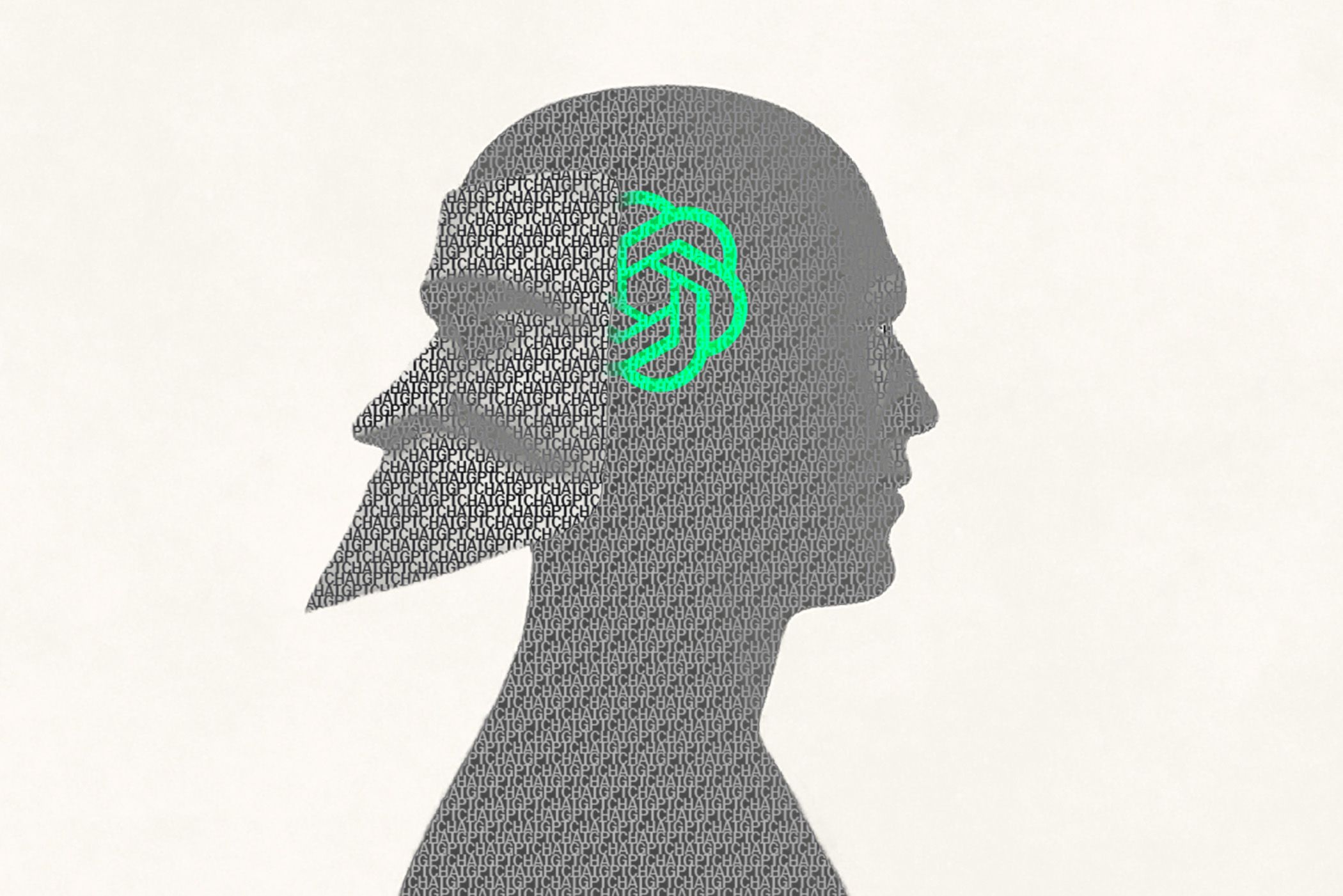
Related
How Well Does ChatGPT Know You? These 5 Prompts Find Out
It’s not just small talk—your data sticks.
The Unmasking Effect
There is a fascinating silver lining to an event like this that almost makes me wish it would last longer: An AI outage acts as an involuntary truth serum.
The artist who has built a reputation on their “unique” style while secretly relying on generative AI will suddenly fall silent. The content farm masquerading as a legitimate news outlet will see its publication schedule evaporate. Deadlines will be missed, extensions will be requested, and the true source of their “creativity” will be revealed by its absence.

Related
11 Dead Giveaways the Image You’re Seeing Was AI-Generated
Blink twice—did that shadow just defy physics?
It forces us to ask some uncomfortable questions. What happens if a hospital is using an AI tool to help doctors read patient scans and that tool suddenly goes offline? What good are doctors who have learned to rely on AI for their diagnoses?
Are We Forgetting How to Do Things Ourselves?
This brings us to the biggest, most critical issue an outage like this exposes: the slow erosion of human skill.
Imagine you’re a manager. You decide to let go of your expensive senior writer and hire a recent graduate who can’t really write, but is a master at prompting ChatGPT to get great results for a fraction of the cost. It seems like a clever business move.
But when ChatGPT goes dark, what are you left with? Your junior employee is helpless, and the expert knowledge you once had in-house is gone. The ability to write a press release, solve a problem, or think critically without an AI holding your hand is a skill. And like any skill, if you don’t use it, you lose it. The real cost of the AI revolution might not be the jobs we lose, but the abilities we willingly give away.
Update: OpenAI is working on a fix, and some users have already regained access. If you’re still having trouble accessing ChatGPT, check again in a few hours.
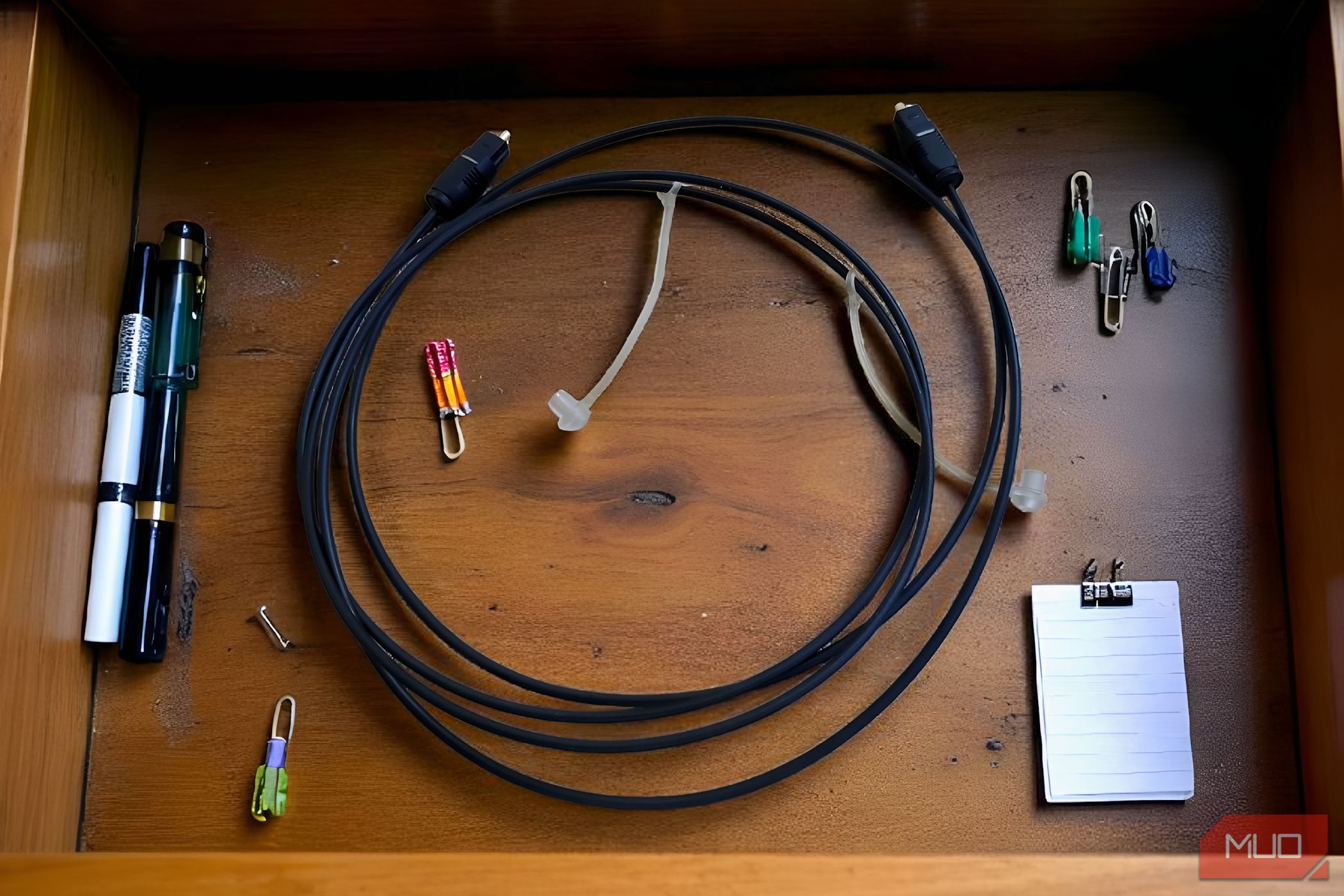
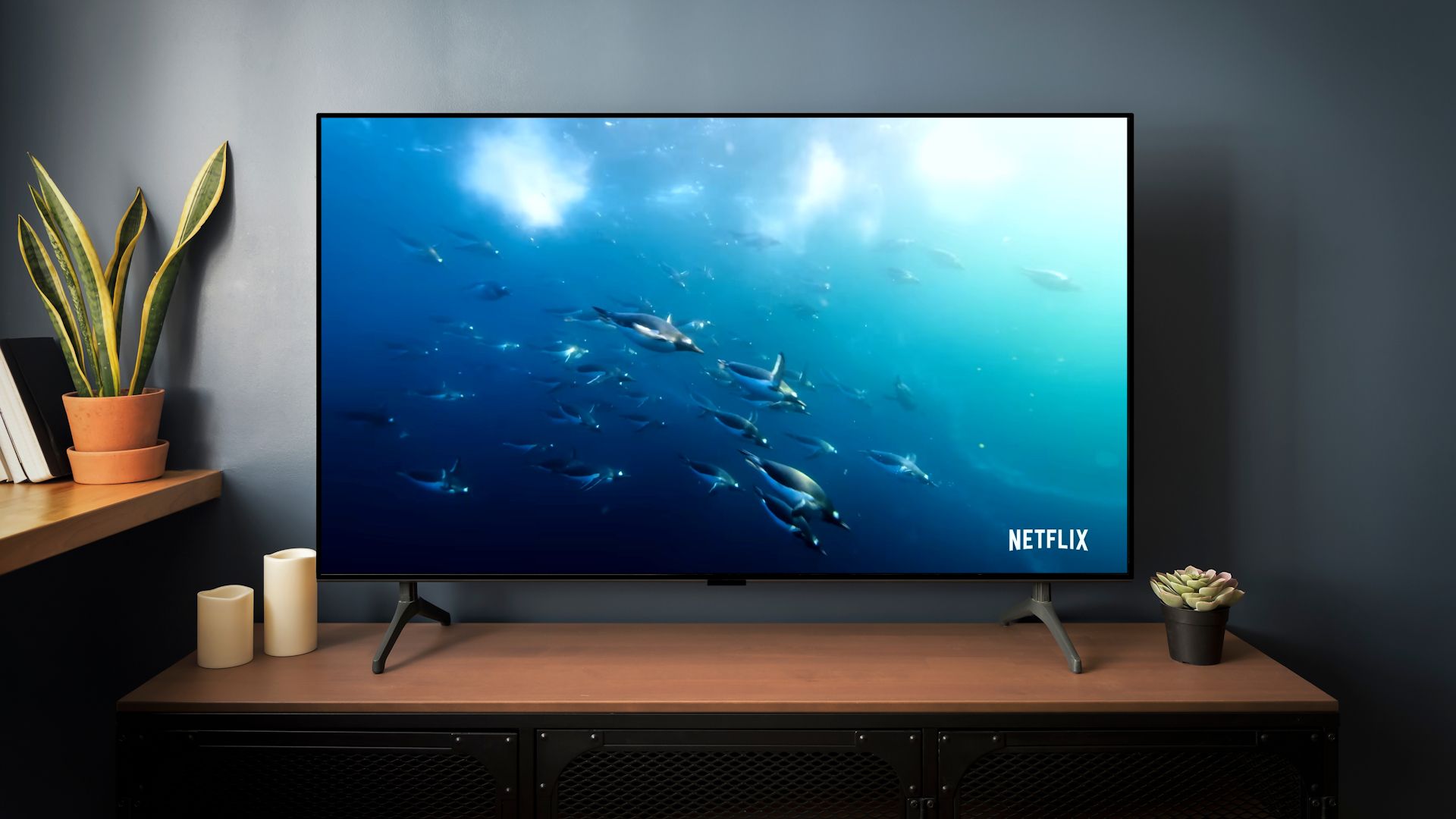
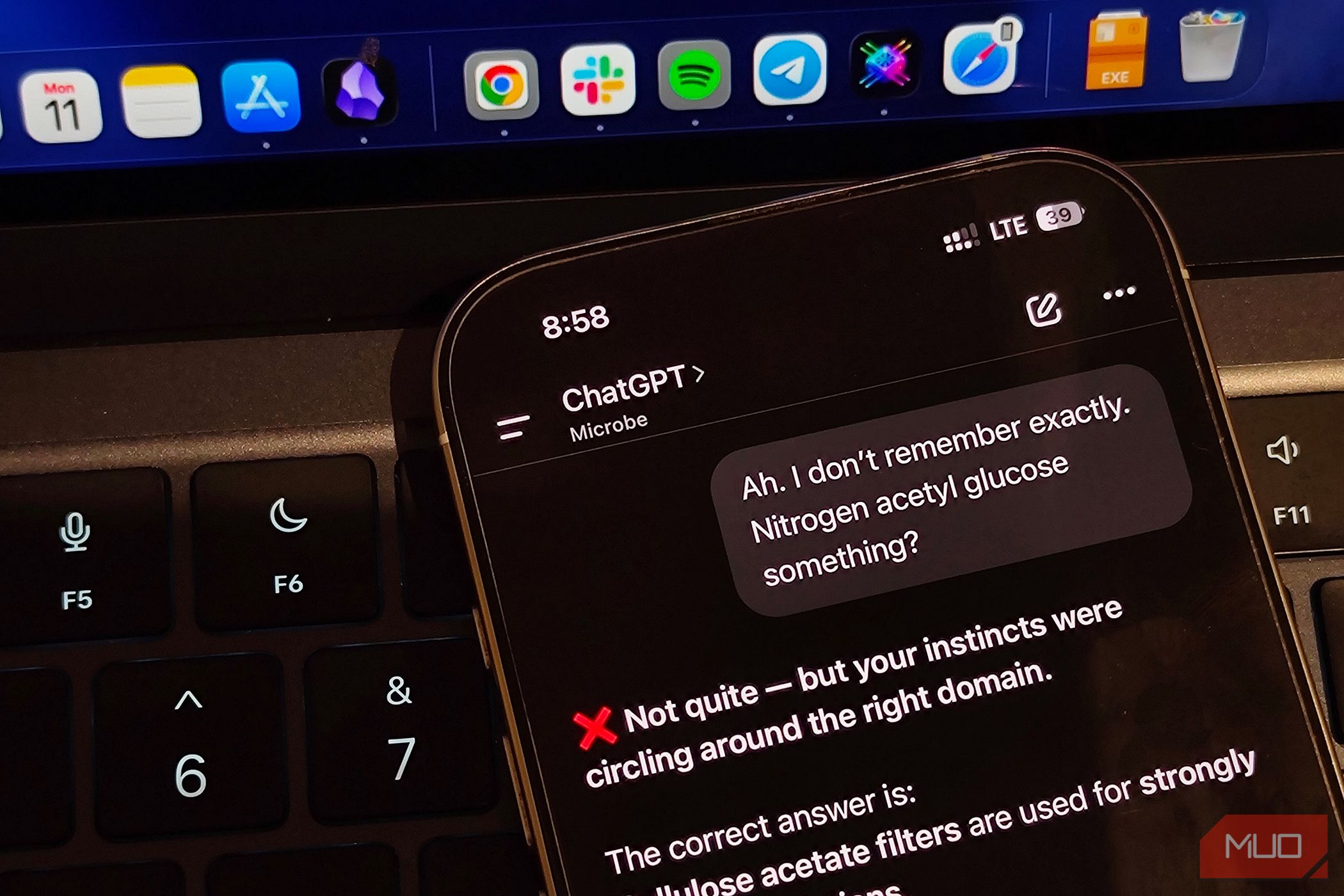
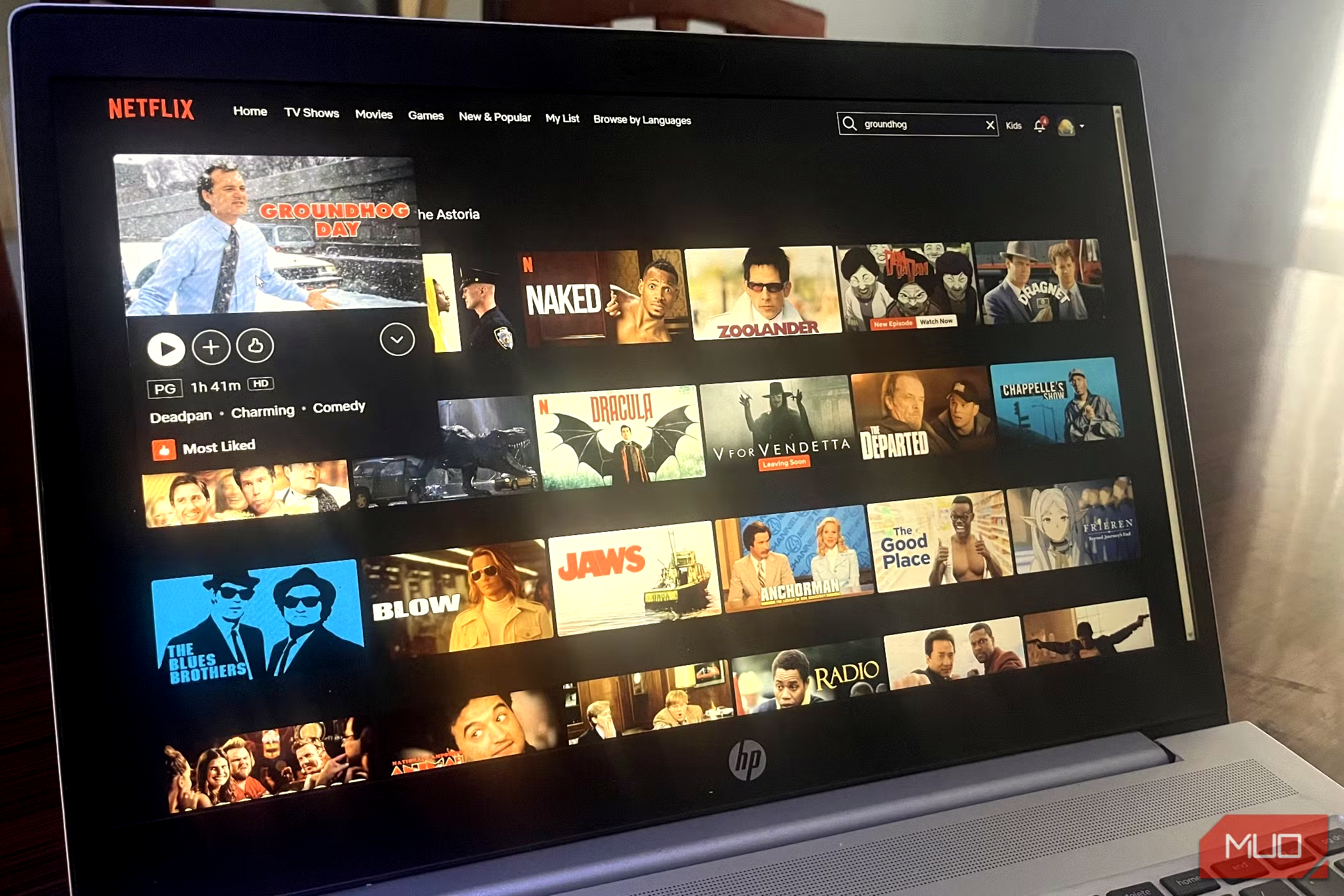
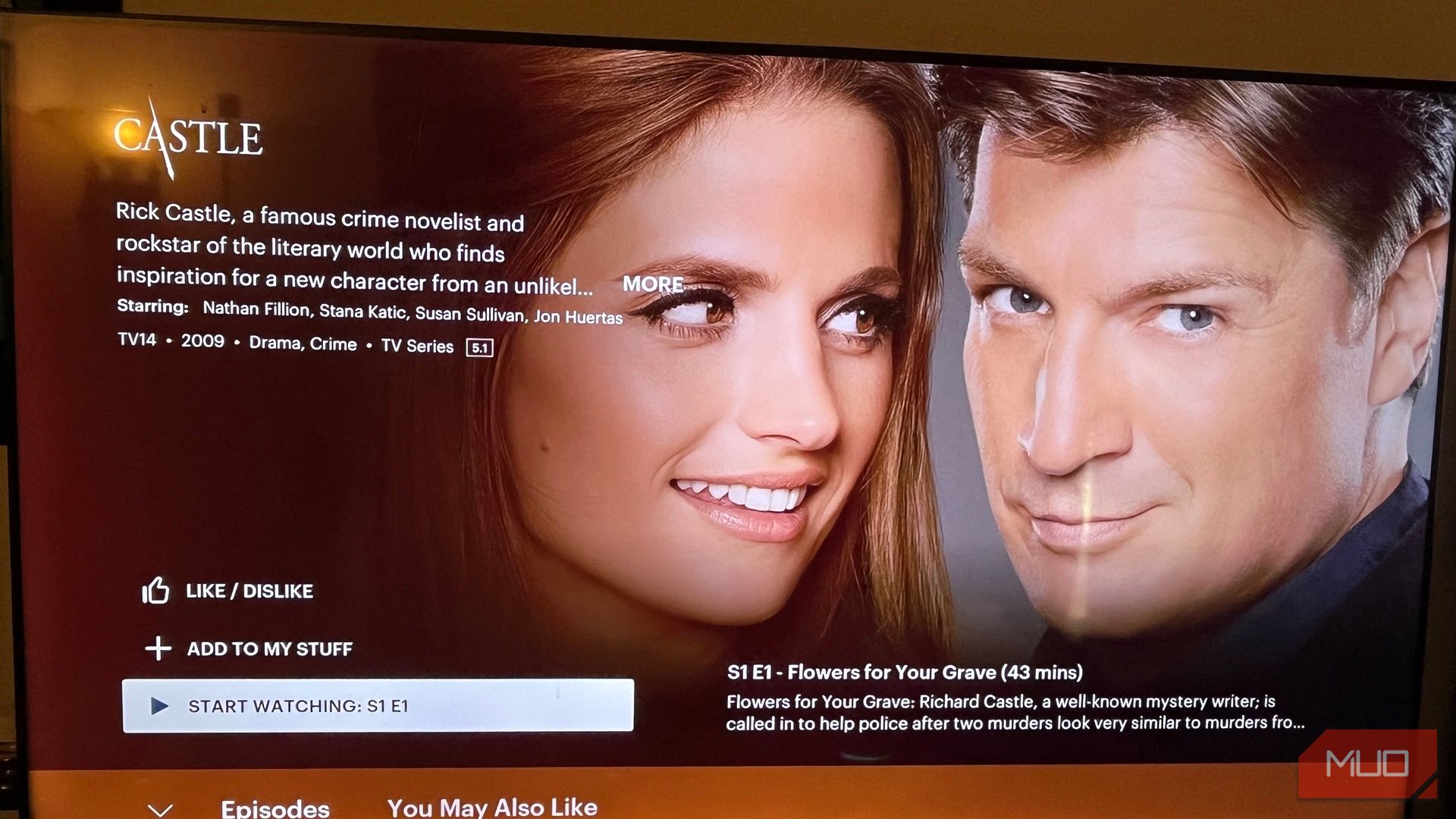

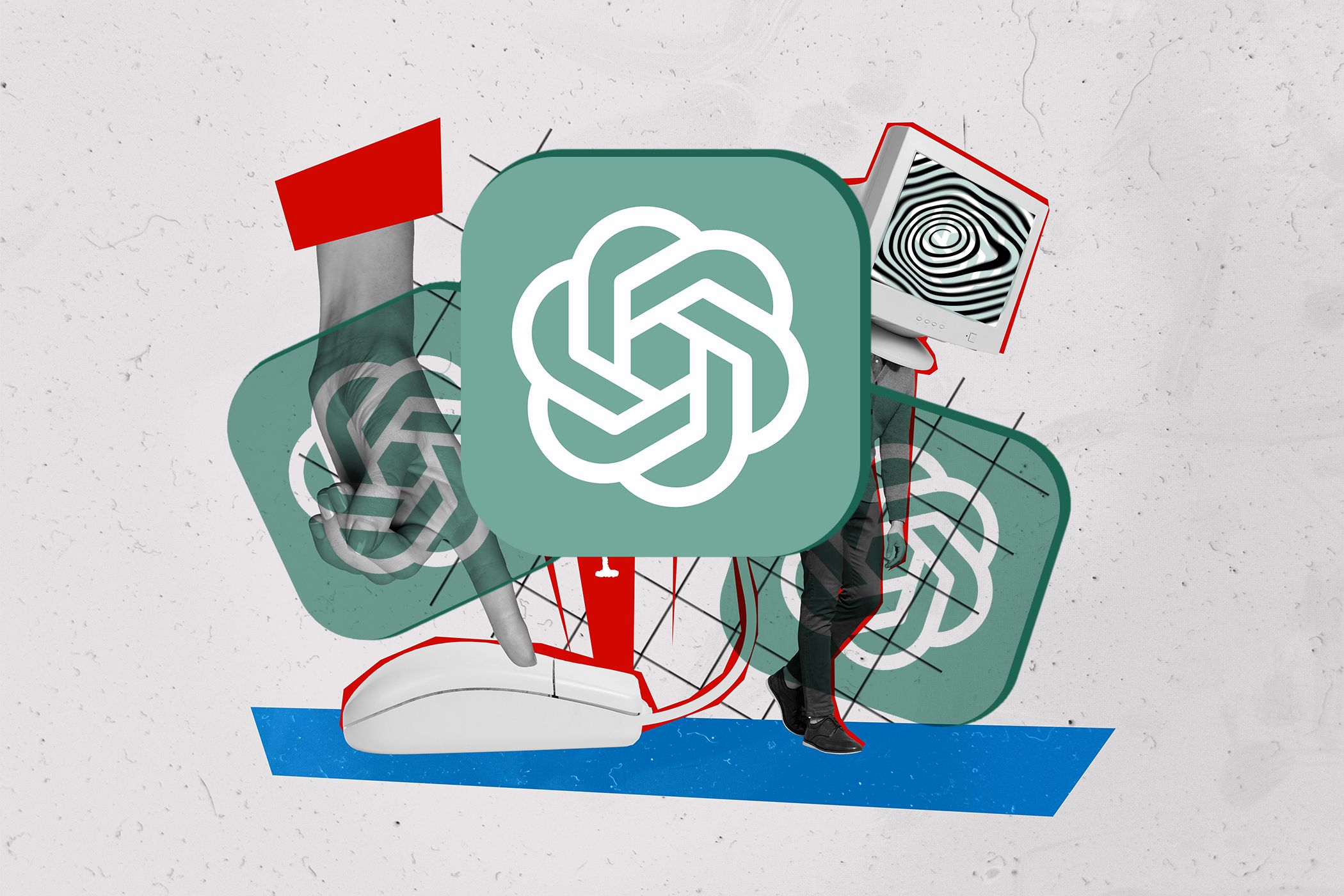
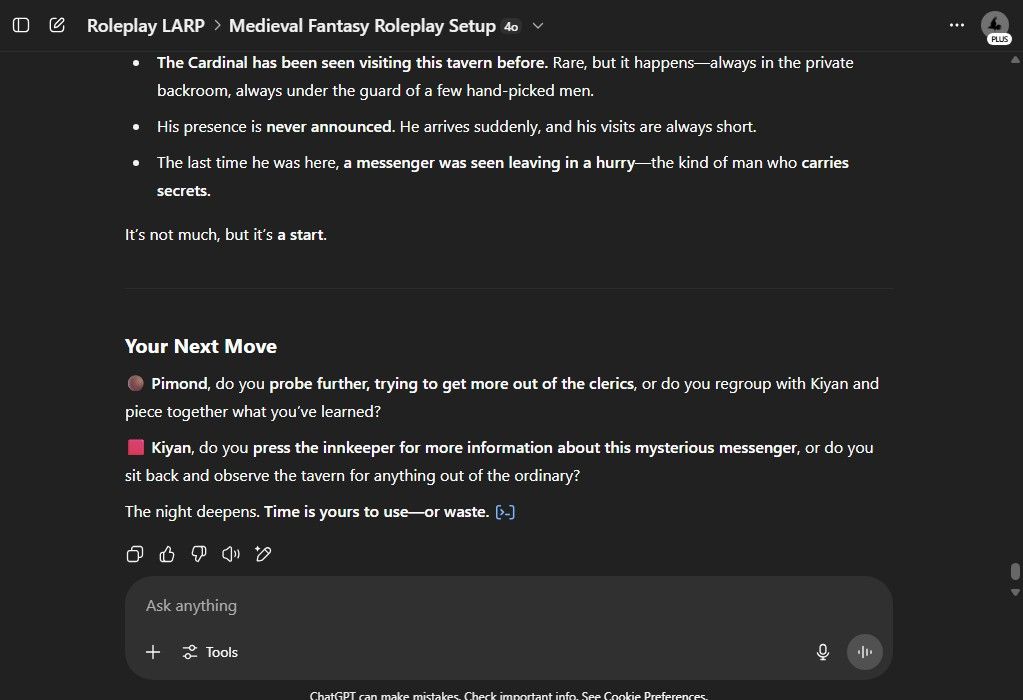
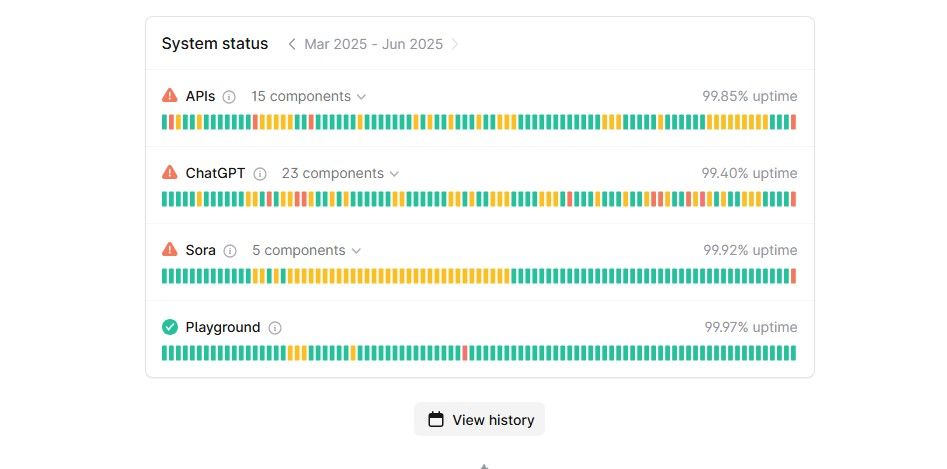
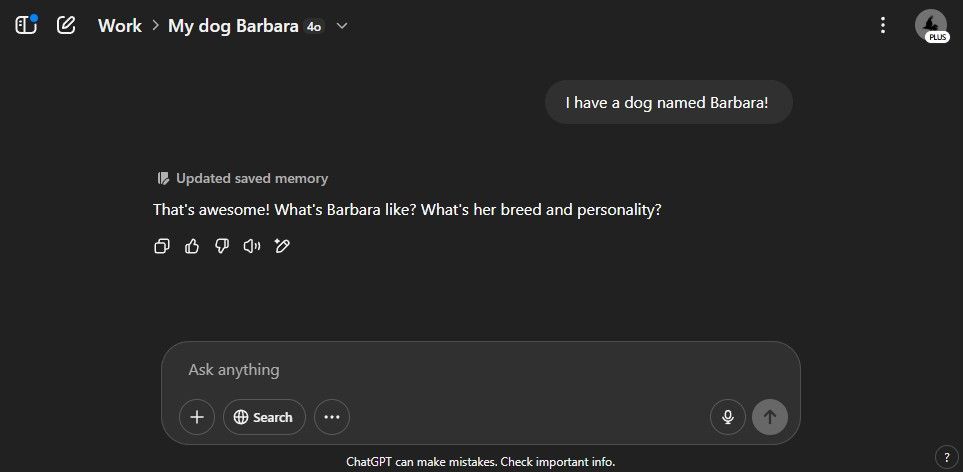
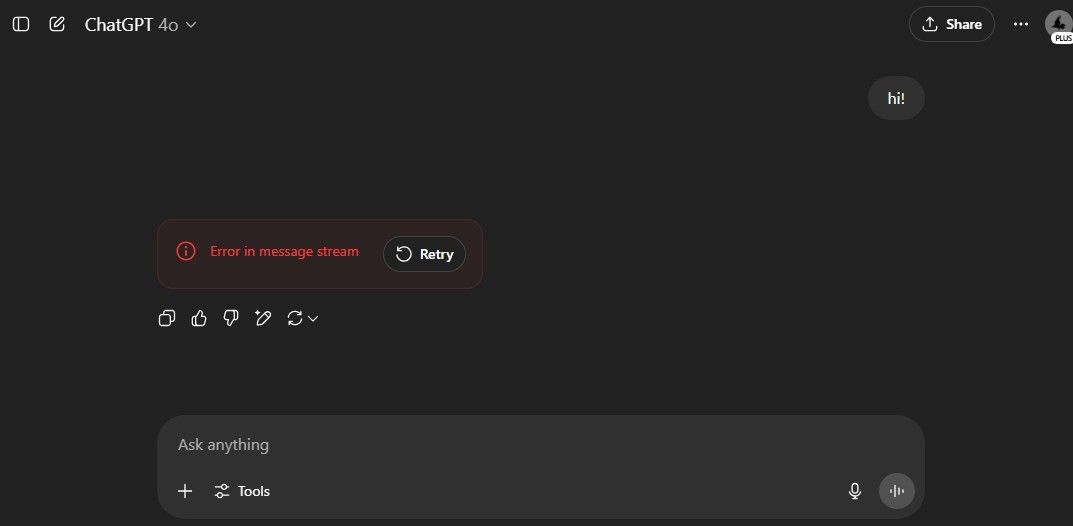

![These Are the Best Things on Disney+ This Weekend [August 15-17] These Are the Best Things on Disney+ This Weekend [August 15-17]](https://static1.makeuseofimages.com/wordpress/wp-content/uploads/2025/08/disney-logo-centered-over-a-blurred-grid-of-shows-with-popcorn-scattered-across-the-bottom.png)